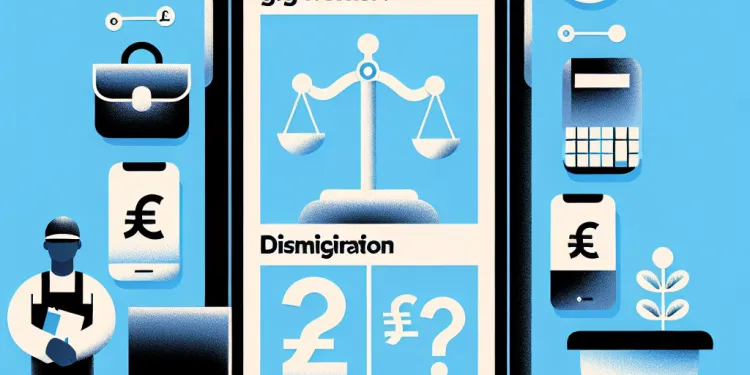
Find Help
More Items From Ergsy search
-
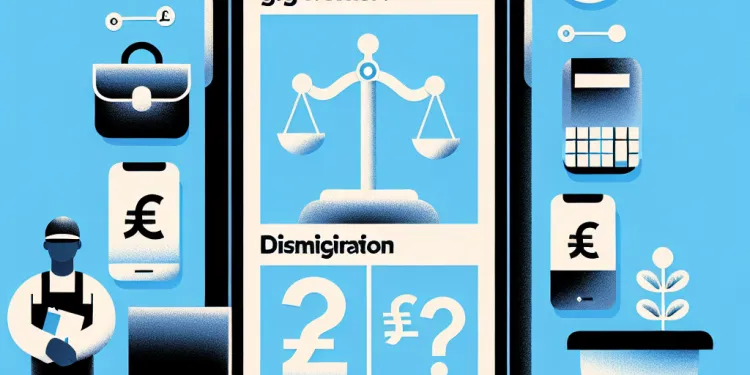
What can I do if I face discrimination as a gig worker?
Relevance: 100%
-
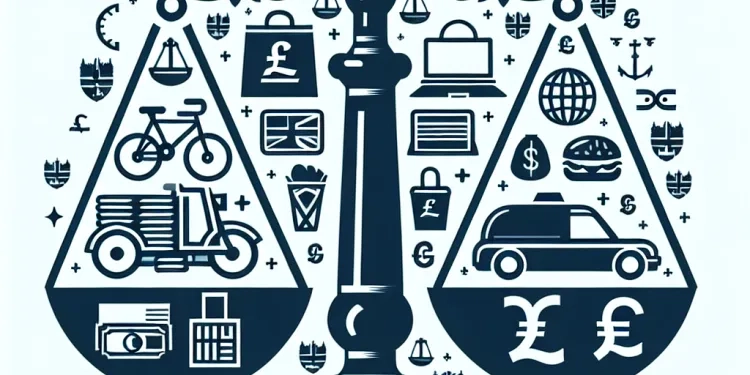
What are my rights as a Gig Worker?
Relevance: 78%
-
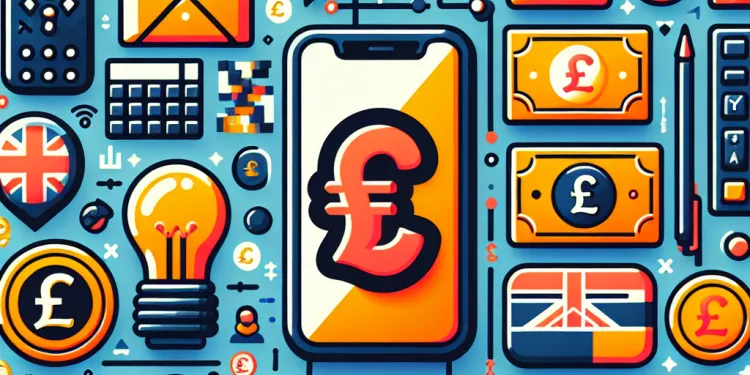
Are gig workers protected against wrongful termination?
Relevance: 72%
-
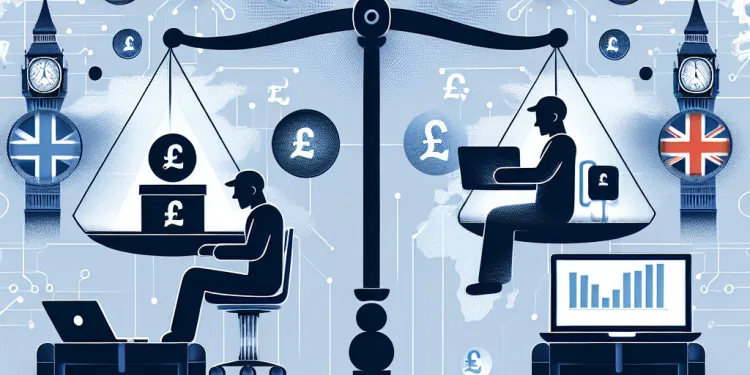
Are gig workers entitled to workers' compensation?
Relevance: 70%
-
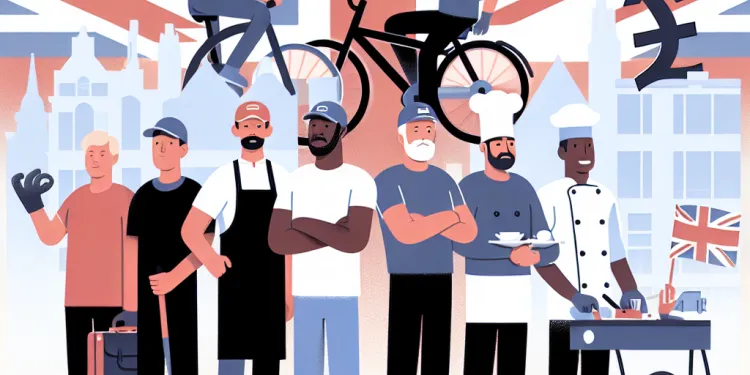
Do gig workers have the right to unionize?
Relevance: 65%
-
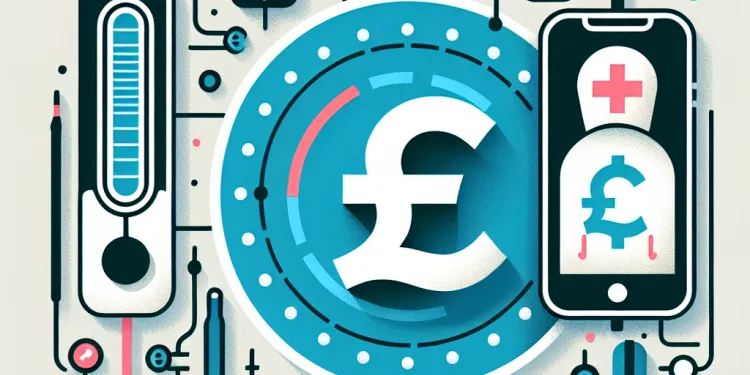
Are gig workers entitled to sick leave?
Relevance: 65%
-
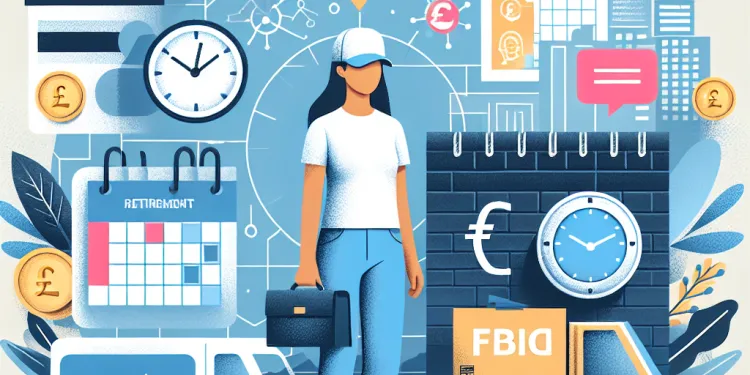
Do gig workers qualify for retirement benefits?
Relevance: 65%
-
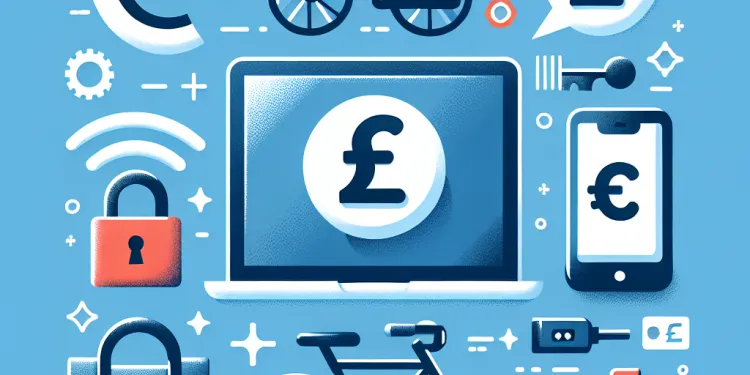
Is job security a right for gig workers?
Relevance: 65%
-
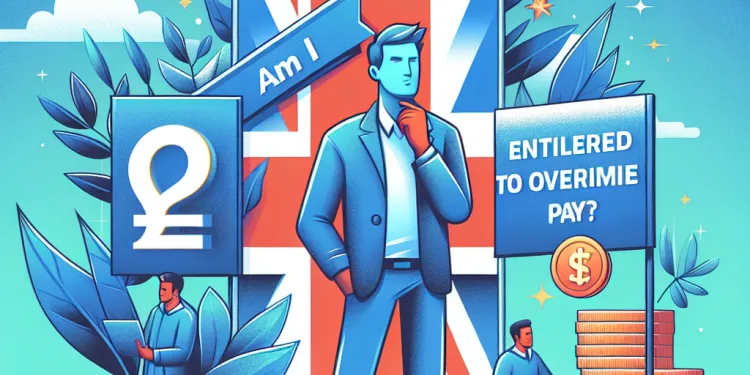
Am I entitled to overtime pay as a gig worker?
Relevance: 65%
-
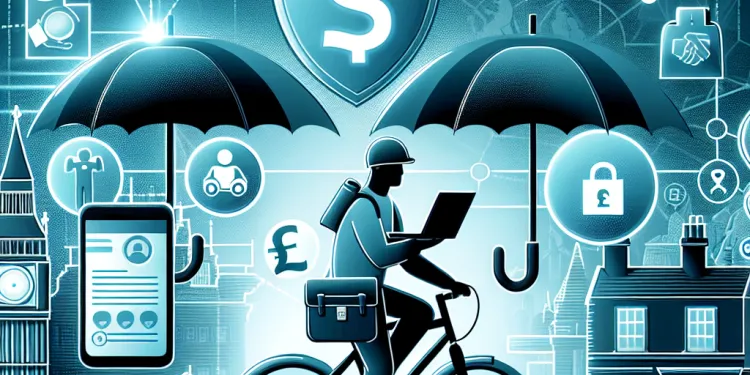
Do gig workers have access to unemployment benefits?
Relevance: 63%
-
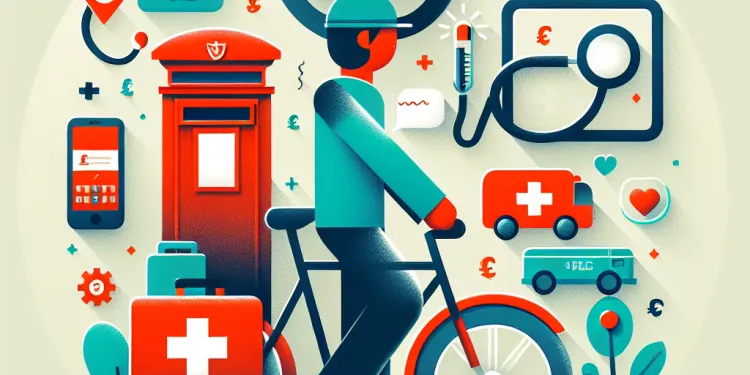
Can I receive health benefits as a gig worker?
Relevance: 63%
-

Do gig workers have the right to a minimum wage?
Relevance: 63%
-
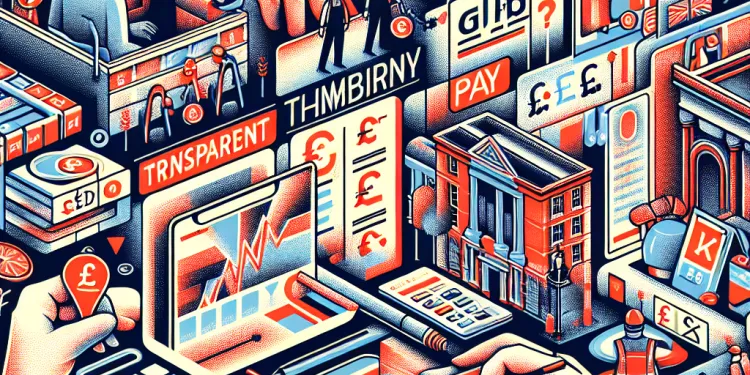
Do gig workers have the right to transparency in pay and fees?
Relevance: 61%
-
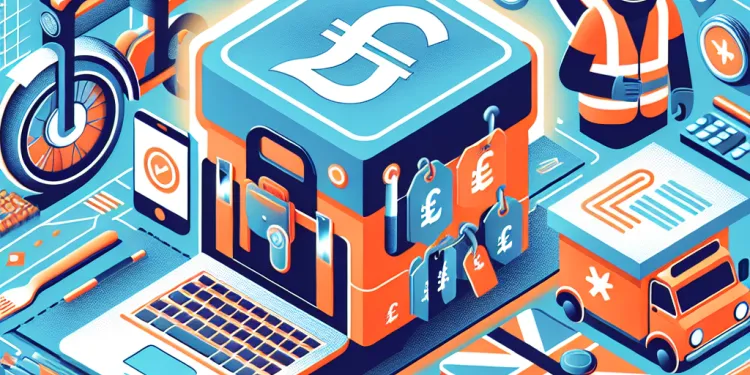
What are my rights regarding workplace safety as a gig worker?
Relevance: 60%
-
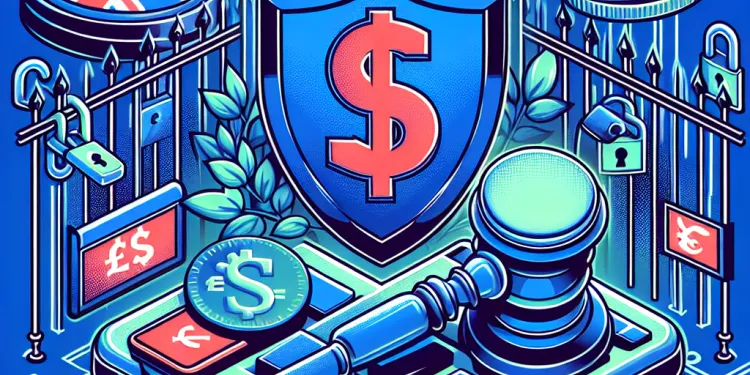
Do gig workers have intellectual property rights over their work?
Relevance: 59%
-
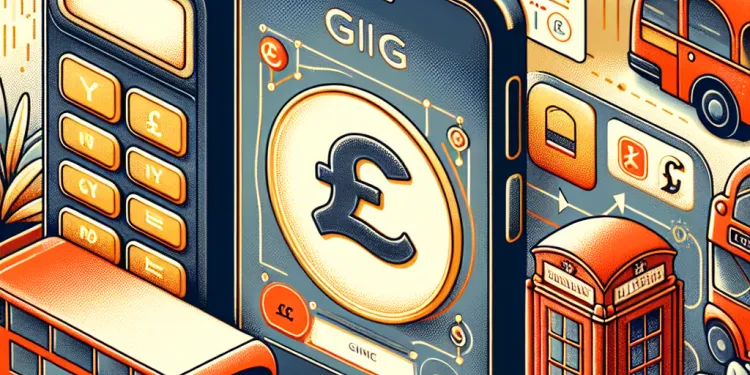
Can I claim expenses as a gig worker?
Relevance: 58%
-
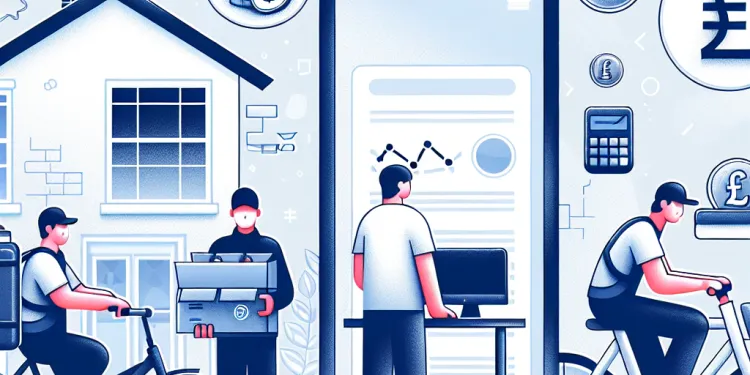
Am I considered an employee if I am a gig worker?
Relevance: 50%
-
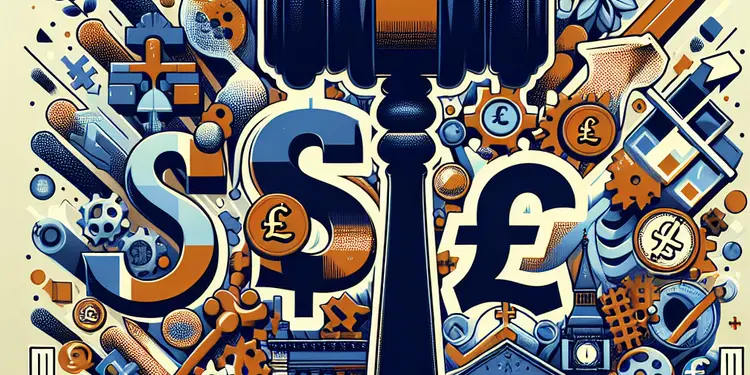
Employment Tribunal Cases Surge Amidst Gig Economy Debate
Relevance: 47%
-
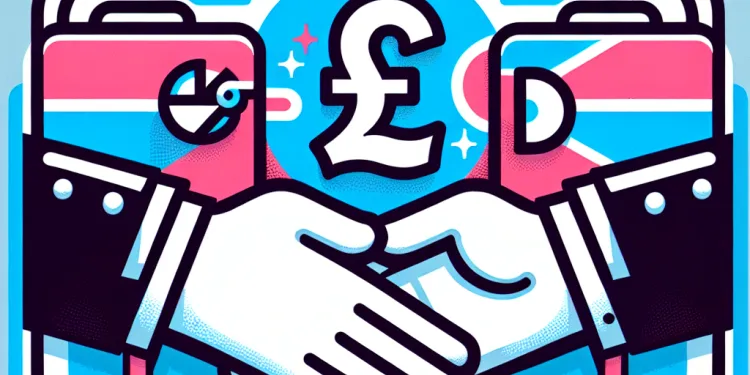
How can I address payment disputes as a gig worker?
Relevance: 46%
-
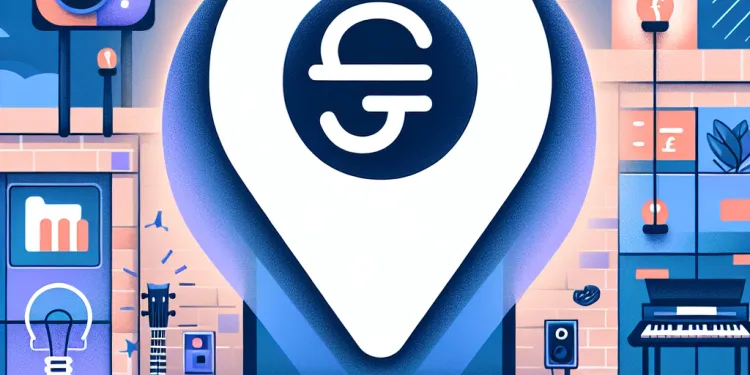
Can a gig platform deactivate my account without reason?
Relevance: 39%
-

Lone Workers
Relevance: 31%
-
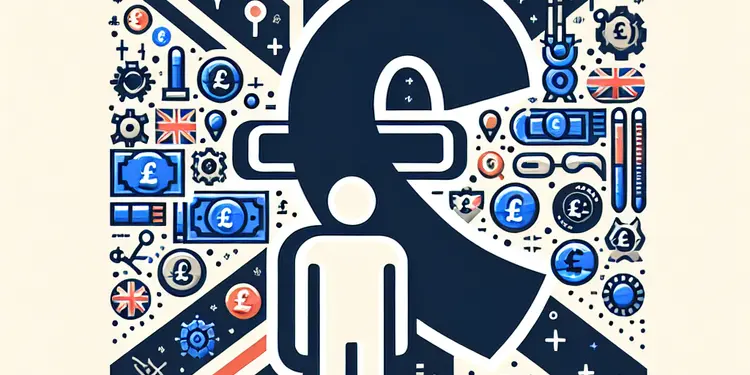
Can support workers participate in decision-making processes?
Relevance: 26%
-
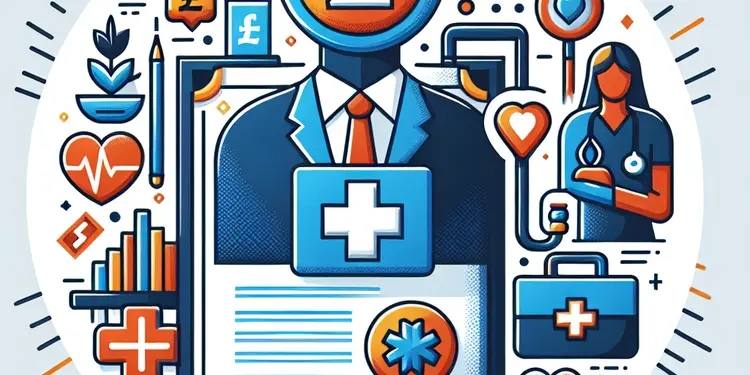
Is certification necessary for primary care support workers?
Relevance: 26%
-
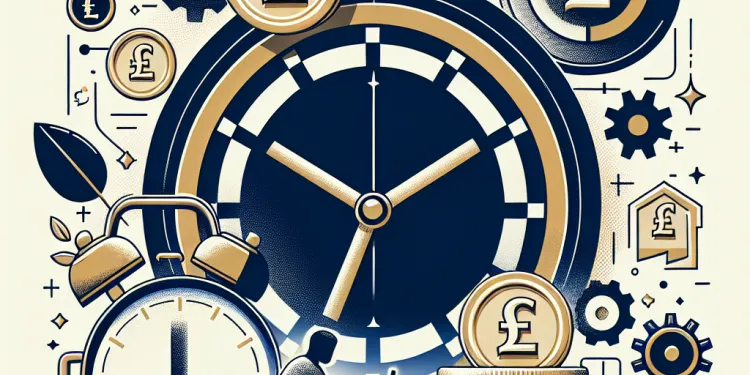
Are zero-hour contract workers entitled to the National Living Wage?
Relevance: 26%
-
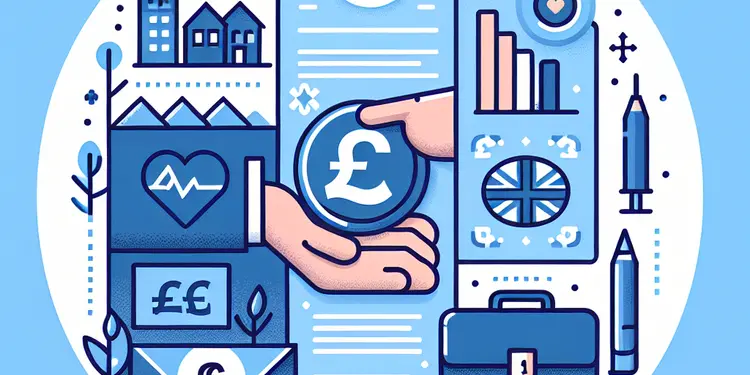
Is mentorship available for primary care support workers?
Relevance: 26%
-

What healthcare policies should support workers be aware of?
Relevance: 25%
-

What help is available to primary care support workers?
Relevance: 25%
-
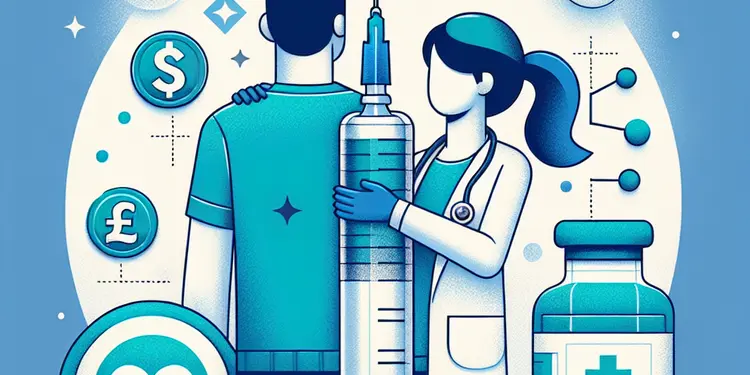
Should health care workers get the meningitis vaccine?
Relevance: 25%
-
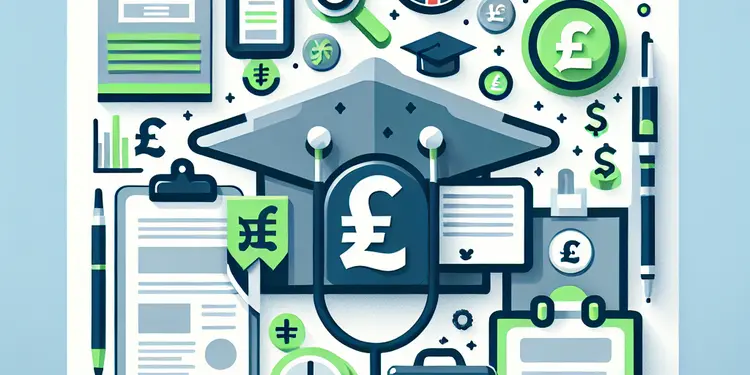
What types of training are available for primary care support workers?
Relevance: 24%
-

Social prescribing in practice: supporting social prescribing link workers
Relevance: 24%
-

Are there academic courses for aspiring primary care support workers?
Relevance: 24%
-
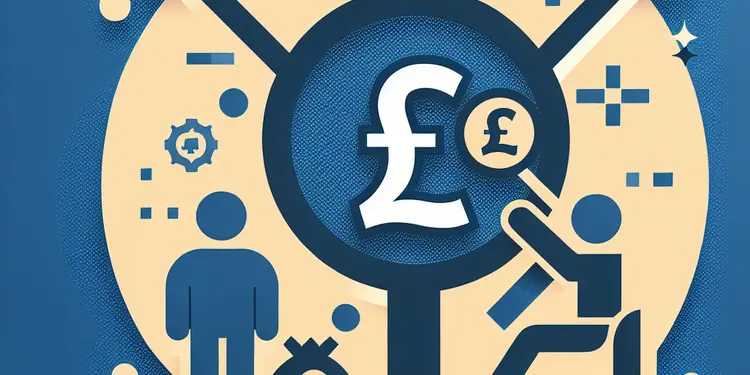
Can primary care support workers access mental health support?
Relevance: 24%
-
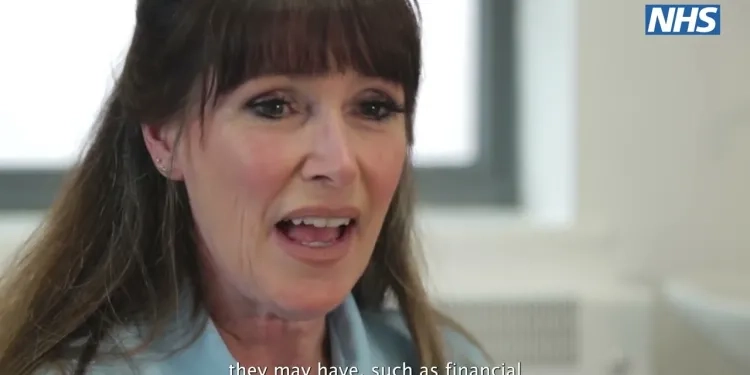
How can a Social Prescribing Link Worker help you? #MeetYourGPTeam
Relevance: 23%
-
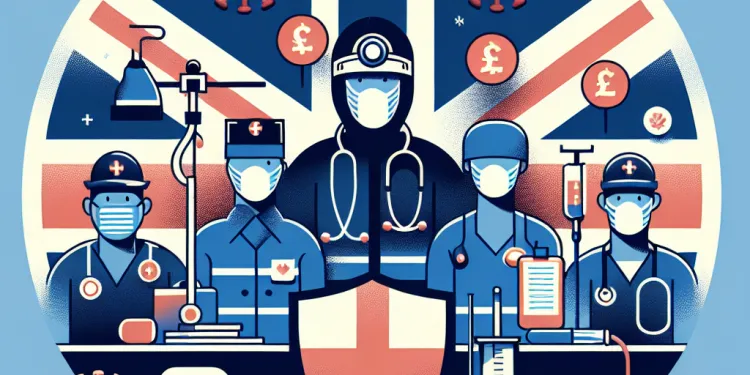
How can healthcare workers protect themselves from Marburg virus infection?
Relevance: 23%
-
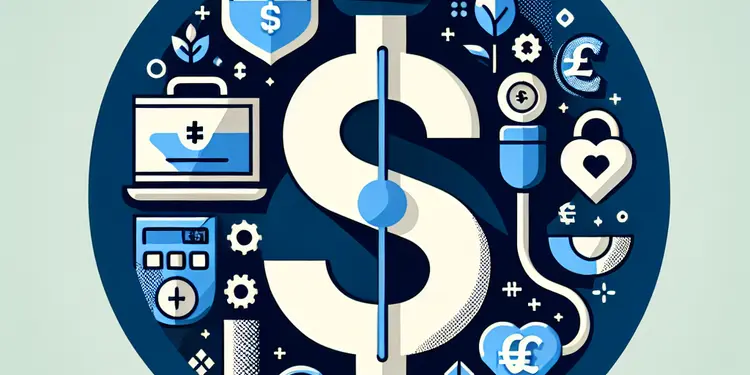
How can primary care support workers contribute to patient care improvement?
Relevance: 22%
-
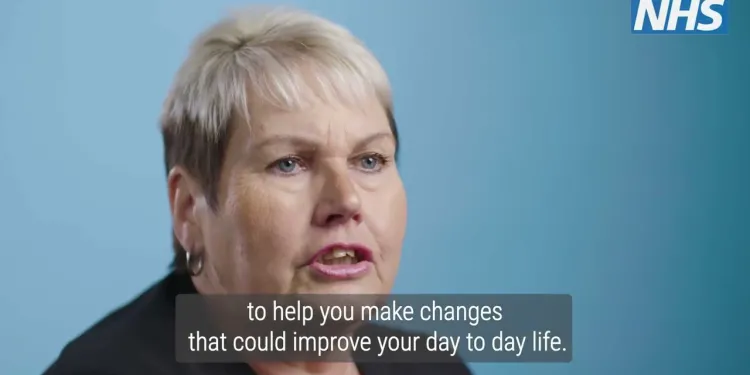
Social Prescribing Link Workers are part of new health and wellbeing services in NHS surgeries
Relevance: 22%
-
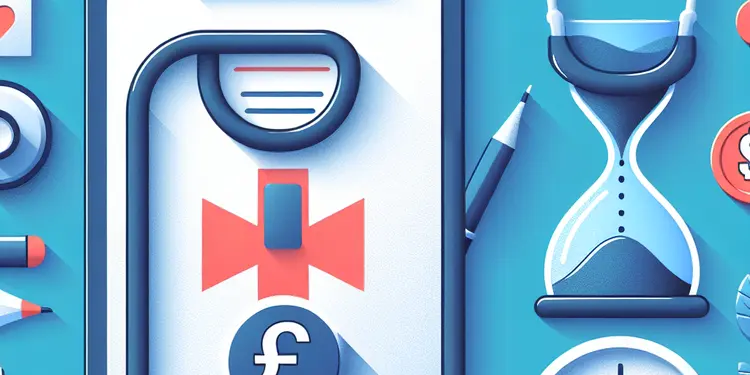
What are the common challenges faced by primary care support workers?
Relevance: 21%
-
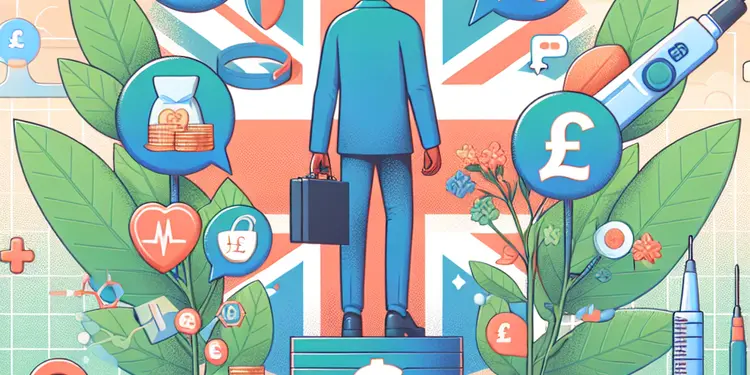
How can I advance my career as a primary care support worker?
Relevance: 21%
-
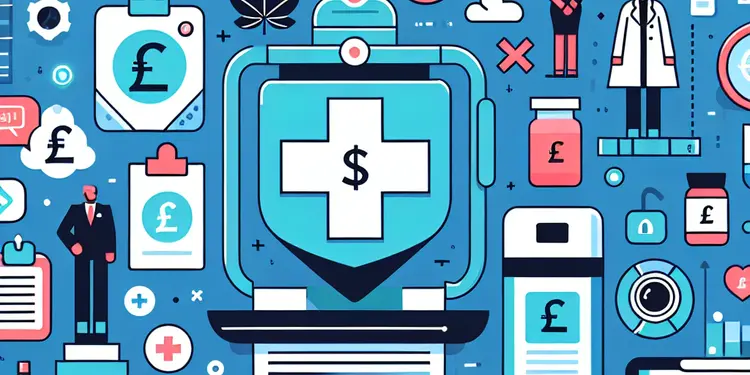
Are there professional organizations for primary care support workers?
Relevance: 19%
-
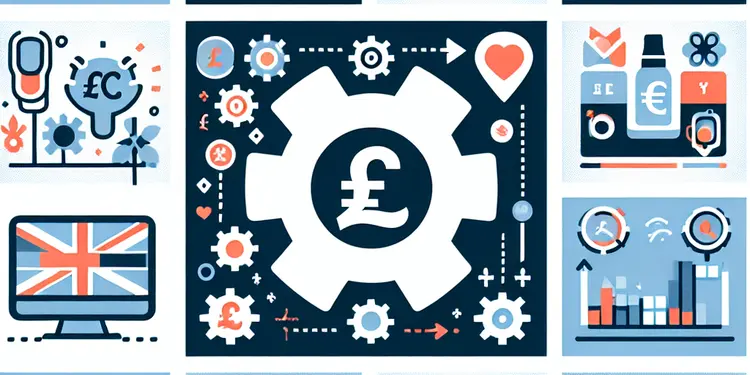
What role does technology play in aiding support workers?
Relevance: 18%
Understanding Your Rights as a Gig Worker
As a gig worker in the UK, you may not have the same legal protections as employees, but you do have certain rights. Understanding these rights is crucial if you believe you're facing discrimination. Gig workers are classified as independent contractors, but you might still be covered under UK equality laws. The Equality Act 2010 protects against discrimination based on characteristics such as age, disability, gender reassignment, race, religion, sex, and sexual orientation.
Identify the Discrimination
Discrimination can take many forms, including unequal pay, biased treatment, or harassment based on protected characteristics. It's essential to document any incidents of discrimination, noting dates, times, what occurred, and any witnesses. This documentation can be invaluable if you decide to take further action. Recognizing the type of discrimination you face will help in understanding the appropriate steps to combat it.
Take Initial Steps
If you feel comfortable, consider addressing the issue directly with the person or company involved. Sometimes, this can lead to a resolution through dialogue. Prepare clearly and calmly to discuss your concerns, and focus on the impact the behavior has on you and your ability to work. If you are a member of a union or a professional association, seek their advice and support, as these organizations can offer guidance tailored to your situation.
Seek Legal Advice and Support
If direct resolution does not work or you prefer not to handle it personally, seeking legal advice is a crucial step. Organizations such as Citizens Advice can provide free, confidential advice, and they might direct you to specialized legal services. LawWorks is an organization that connects individuals with volunteer legal professionals who can offer help. Understanding your legal position is vital before moving forward with formal action.
Consider Employment Tribunals
If discrimination persists and you have gathered sufficient evidence, you might consider taking your case to an employment tribunal. Although gig workers are not traditional employees, tribunals can address cases under the Equality Act. An employment tribunal can be a lengthy process, requiring substantial evidence, so consider this option carefully. Seek professional legal guidance to make a strong case and understand the processes involved.
Emotional and Professional Support
Facing discrimination can be emotionally taxing, impacting both your personal and professional life. Reach out for emotional support through friends, family, or professional counseling. Engage with support groups for gig workers who have experienced similar issues. Building a network can provide the necessary support to navigate these challenges. Ensure you are taking care of your mental health while dealing with the situation.
Understanding Your Rights as a Gig Worker
If you work in gigs in the UK, you have some rights. You are an independent worker, not like a full-time employee, so your protections are different. But if you think people are treating you unfairly, you can do something about it. There's a law called the Equality Act 2010. This law says no one should be treated badly because of their age, disability, gender change, race, religion, being male or female, or who they love.
Identify the Discrimination
Discrimination is when someone treats you unfairly because of who you are. This could be things like not paying you fairly, treating you badly, or bullying you. Write down every time this happens, with the date, what happened, and who saw it. Keeping notes can help you later if you need to show proof. Knowing exactly what kind of unfair treatment you are facing can help you know what to do next.
Take Initial Steps
If you feel okay with it, try talking to the person or company treating you unfairly. Sometimes, talking can fix the problem. Plan out what you want to say. Stay calm and explain how their actions affect you and your work. If you belong to a union or a professional group, ask them for help. They can give you advice and support just for your situation.
Seek Legal Advice and Support
If talking doesn't help, or you don't want to handle it alone, it's good to get legal help. You can go to places like Citizens Advice for free and private help. They might suggest you talk to a law expert too. LawWorks can connect you with volunteer lawyers who want to help. Knowing where you stand legally is important before you decide what to do next.
Consider Employment Tribunals
If the unfair treatment keeps happening and you have enough proof, you can take your problem to an employment tribunal. Even though gig workers aren't regular employees, you can still use these tribunals under the Equality Act. Going to a tribunal takes time and a lot of proof, so think about it carefully. Getting help from legal experts can make your case stronger and show you what to do.
Emotional and Professional Support
Dealing with unfair treatment can be very hard on your feelings and work life. Talk to friends, family, or a counselor who can listen and support you. Join groups with other gig workers who have the same problems. Having a support network can make a big difference when facing challenges. Don't forget to take care of your mental health during this time.
Frequently Asked Questions
What is considered discrimination for gig workers?
Discrimination for gig workers can include unfair treatment based on race, gender, age, religion, disability, or other protected characteristics during hiring, firing, or service selection.
How can I identify if I've been discriminated against as a gig worker?
Look for patterns of unfair treatment or exclusion based on protected characteristics, such as being passed over for jobs without valid reasons or receiving lower ratings due to biases.
What should be my first step if I face discrimination?
Document the incidents, including dates, times, and details of the discriminatory acts. This will be important if you decide to report or take legal action.
Can I report discrimination to the gig platform I work for?
Yes, many gig platforms have procedures for reporting discrimination. Check their website or contact customer support for guidance.
What legal protections do gig workers have against discrimination?
Legal protections vary by location, but gig workers may be covered by laws against discrimination in employment and should consult local labor rights laws.
Can I file a complaint with a governmental agency?
Yes, you can file a complaint with agencies such as the Equal Employment Opportunity Commission (EEOC) in the U.S. or equivalent bodies in other countries.
Should I seek legal advice if I face discrimination?
If the discrimination is severe or not resolved through other means, consulting a lawyer experienced in labor law can provide guidance on the best course of action.
What if the gig platform doesn't address my discrimination complaint?
If the issue is not resolved by the platform, you may need to escalate through legal channels or seek support from advocacy groups.
Are there support groups for gig workers facing discrimination?
Yes, there are organizations and forums specifically for gig workers that can offer support, advice, and resources.
How can I prevent discrimination as a gig worker?
While you can't control others' biases, you can maintain professional communication, know your rights, and clearly document your work to protect against unfair treatment.
Can social media be used to address discrimination?
Sharing experiences on social media can raise awareness and sometimes prompt platforms to address issues, but it should be done carefully considering potential consequences.
Is there a time limit for reporting discrimination?
Yes, there is often a statute of limitations for filing complaints, which varies by jurisdiction and should be checked as soon as possible.
What documentation should I keep if I face discrimination?
Keep records of any correspondence, job assignments, ratings, and any witnesses to the discriminatory behavior.
How can feedback systems in gig work be a source of discrimination?
Biases can reflect in customer ratings and reviews, impacting future job opportunities and earnings unfairly.
Does discrimination affect the availability of gig work assignments?
Yes, if discrimination affects your ratings or reviews, it may lead to fewer job opportunities.
Can unions or worker organizations help with discrimination issues?
Yes, joining worker organizations or unions can provide collective support and resources to address and combat discrimination.
How can storytelling help combat discrimination?
Sharing personal stories can increase awareness and understanding, encouraging platforms and the public to take discrimination seriously.
What are common signs of systemic discrimination in gig work?
Disparities in job types, pay rates, and reviews among workers with similar qualifications but different demographics may indicate systemic discrimination.
How does implicit bias contribute to discrimination?
Implicit biases are subconscious attitudes or stereotypes that affect decisions, leading to unfair treatment despite equal qualifications.
What role can reviews play in challenging discrimination?
Encouraging objective, constructive reviews and addressing negative biased reviews can help platforms minimize discriminatory practices.
What is unfair treatment for gig workers?
A gig worker is someone who works different short jobs, like delivering food or driving people.
Unfair treatment means being treated badly because of who you are.
This can happen because of things like:
- Your age
- Your gender (if you are a man or a woman)
- Your race or where you are from
- A disability you may have (if you find it hard to see, hear, or move)
- Your religion (beliefs about God or life)
If you see or feel unfair treatment, tell someone you trust.
Tools that can help are:
- Talking to a friend or family member
- Writing down what happened
- Using apps or websites to learn more
Sometimes gig workers are treated unfairly. This can happen because of their skin color, if they are a man or a woman, how old they are, what they believe in, if they have a disability, or other reasons. This unfair treatment can happen when they are being hired, let go, or chosen for jobs.
- Tip: You can use pictures and videos to help understand better.
- Tool: There are apps that can read text out loud, which can be helpful.
How do I know if someone treated me unfairly in my gig work?
It's important to know if someone is being unfair to you at your job. Here are some things to think about:
- Are you being paid the same as others who do the same work?
- Do you get the same work chances as everyone else?
- Is anyone being mean to you because of who you are?
If you feel something is not right, you can talk to someone you trust. They can help you understand and decide what to do next.
Using a notebook or a simple app can help you keep track of things that happen at work. This way, you can remember what happened if you need to talk about it later.
Check if someone is being treated unfairly or left out because of things like race, gender, or disability. This could be like not getting a job for no good reason, or getting bad ratings because of someone's bias.
What should I do first if someone is unfair to me?
Write down what happens. Make sure to include the dates, times, and what happened. This will be important if you choose to tell someone or get help.
Can I tell the gig platform about unfair treatment?
Yes, lots of gig websites let you report discrimination. You can look on their website or ask customer support for help.
What are the laws to help gig workers not be treated unfairly?
Gig workers do different jobs, like driving or delivering food. It is important they are treated fairly and not treated badly because of who they are. There are laws to help them.
These laws say people cannot be treated unfairly because of things like their age, gender, or skin color.
If a gig worker feels they have been treated unfairly, they can ask for help. They can talk to a trusted adult or call a helpline to learn more about their rights and what to do.
In different places, there are different rules. But people who do gig work might have rules to help keep them safe from being treated unfairly. They should look at the work rules in their area for help.
Can I tell the government if I have a problem?
If you have a problem and want to let the government know, you can tell them. This is called making a complaint. Here are some steps you can take:
1. Write it down: Write down what the problem is and why you are upset.
2. Find the right place: Find out which part of the government can help you. You can ask someone you trust to help you with this.
3. Ask for help: You can ask a friend, family member, or support worker to help you make the complaint.
4. Use simple words: Use clear and simple words to explain your problem.
Remember, it is okay to ask for help if you are not sure what to do.
Yes, you can tell someone if you think something is not fair at work. In the U.S., you can talk to the Equal Employment Opportunity Commission (EEOC). In other countries, there are other groups that can help.
Should I talk to a lawyer if someone treats me unfairly?
Here is what you can do:
- If someone is unfair to you because of who you are, like your skin color or if you have a disability, it is called discrimination.
- You can talk to a grown-up you trust about it.
- You could also speak to a lawyer. A lawyer is someone who knows the law and can help you understand your rights.
- You might get help from a group that supports people who face unfair treatment.
- Writing down what happened can also help you remember the details.
If the discrimination is very bad or doesn't stop, talking to a lawyer who knows about work problems can help you find what to do next.
What if the gig platform doesn't deal with my complaint about discrimination?
If the problem isn't fixed by the platform, you might need to get help from legal advice or talk to groups that help people like you.
Can gig workers get help if they are treated unfairly?
If you work gigs and people are not nice to you because of who you are, there are groups that can help. They are called support groups.
These groups talk about feelings and share stories. It can make you feel better and not alone.
You can find these groups online. Try looking on Facebook or asking your friends.
Talking to others can help you feel strong and know what to do.
Yes, there are groups and places online where gig workers can get help, advice, and useful information.
How can I stop unfair treatment at work?
If you work different jobs for different people, here's how to ask for fair treatment:
- Keep a record: Write down any times when you feel treated unfairly. This can help you explain what happened.
- Know your rights: Learn about the rules that protect you at work. Ask someone to help you understand them.
- Speak up: If you feel safe, tell the person in charge about the unfair treatment.
- Find support: Talk to others who do the same work, or join a group that helps workers.
- Use helpful tools: There are apps and websites that can help you understand your rights and connect with support.
You can’t change what other people think. But you can stay professional when you talk to them. You should also know what your rights are and keep track of the work you do. This helps you if people are not fair to you.
Can we use social media to stop unfair treatment?
When you talk about your experiences on social media, it can help people learn about important things. Sometimes, it makes social media places pay attention and fix problems. But, be careful when you share because it might cause some problems.
How long do I have to tell someone about discrimination?
Yes, there is usually a time limit to file a complaint. This time limit is different in different places. It's important to find out the time limit in your area as soon as you can.
What papers should I keep if someone is unfair to me?
If someone is unfair or unkind because of who you are, it is important to keep some papers. These papers can help you talk to someone who can fix the problem. Here are some things you can do:
- Write it down: Use a notebook to write what happened. Tell the date, time, and place where it happened.
- Take pictures: If you can, take pictures with a phone or camera. This can be of messages, emails, or other things that show what happened.
- Keep messages: Do not delete any texts or emails that show what happened.
- Ask for help: Talk to someone you trust, like a family member or friend, about what happened. They can help you remember details and give you support.
Write down and keep all letters, emails, and notes about your job. Also save any reviews, feedback, and notes from people who saw unfair treatment.
Do feedback systems in gig work treat people unfairly?
Sometimes people judge things in a way that is not fair. This is called bias. Bias can show up in the way people rate and review businesses or services. This can make it hard for those businesses to get more work or earn money.
Here are some tools and techniques to help understand bias:
- Ask someone you trust to explain what bias means.
- Use simple online videos to learn about fairness and how to spot bias.
- Talk with friends or family about how to be fair when giving ratings or reviews.
Does unfair treatment affect the jobs we can get in gig work?
When people are treated unfairly because of who they are, it is called discrimination. This can make it hard to get gig jobs, like driving for a service or doing work online.
Some ways to understand this better:
- Use simple words to talk about the problem.
- Draw pictures or diagrams to show how it works.
- Ask someone to help explain if you have questions.
Yes, if someone is unfair to you, it can hurt your ratings or reviews. This might make it harder to find jobs.
Can unions or worker groups help if people are treated unfairly?
Unions are groups that support workers. They can help if someone at work is treated unfairly.
Here are some ways they help:
- Talk to the boss for you.
- Give advice and support.
- Help make things fair at work.
If you need help, you can:
- Join a union or worker group.
- Ask them questions.
- Use tools like picture cards or apps if reading is hard.
Yes, joining worker groups or unions can help. They give you support and tools to fight against unfair treatment.
How can telling stories help stop unfair treatment?
When we tell our own stories, people listen and learn. This can help everyone understand better and work to stop unfair treatment.
What are signs of unfair treatment in gig work?
Here are some signs that gig workers might not be treated fairly:
- Workers doing the same job get paid differently.
- Some workers have fewer chances for shifts.
- Certain people get more work and others get left out.
- Workers feel unsafe or not respected.
If you think this is happening, talk to someone who can help. You can also use tools like text-to-speech to help understand your rights.
Sometimes, people who have the same skills and experience get different jobs, pay, or feedback because of things like their race, gender, or age. This can mean there is unfair treatment happening.
How does hidden bias lead to unfair treatment?
Hidden bias means having thoughts we might not notice. These thoughts can change how we treat people. They can make us treat some people better and others worse, even if we don't mean to. This leads to unfair treatment.
To help with understanding and learning, you can:
- Use pictures or drawings to explain ideas.
- Talk about your thoughts and feelings with someone you trust.
- Take breaks while reading to think about what you read.
- Ask questions if something is hard to understand.
Implicit biases are hidden thoughts or ideas. They can change how we decide things. This can be unfair to people, even if they are just as good as others.
How can reviews help stop unfair treatment?
Reviews are like messages from people about what they think.
People can write reviews about places, people, or things.
When people read reviews, they can see if something is unfair.
This helps to stop unfair treatment in stores, jobs, or schools.
Using simple words and pictures can make it easier to understand reviews.
Tools like magnifiers or reading apps can help people read reviews better.
It is important to have fair and honest reviews. This helps stop unfair treatment. We can do this by:
- Asking for reviews that are clear and helpful.
- Listening and fixing reviews that are mean or unfair.
Useful Links
This website offers general information and is not a substitute for professional advice.
Always seek guidance from qualified professionals.
If you have any medical concerns or need urgent help, contact a healthcare professional or emergency services immediately.
- Ergsy carfully checks the information in the videos we provide here.
- Videos shown by Youtube after a video has completed, have NOT been reviewed by ERGSY.
- To view, click the arrow in centre of video.
- Most of the videos you find here will have subtitles and/or closed captions available.
- You may need to turn these on, and choose your preferred language.
- Go to the video you'd like to watch.
- If closed captions (CC) are available, settings will be visible on the bottom right of the video player.
- To turn on Captions, click settings .
- To turn off Captions, click settings again.
More Items From Ergsy search
-

What can I do if I face discrimination as a gig worker?
Relevance: 100%
-

What are my rights as a Gig Worker?
Relevance: 78%
-

Are gig workers protected against wrongful termination?
Relevance: 72%
-

Are gig workers entitled to workers' compensation?
Relevance: 70%
-

Do gig workers have the right to unionize?
Relevance: 65%
-

Are gig workers entitled to sick leave?
Relevance: 65%
-

Do gig workers qualify for retirement benefits?
Relevance: 65%
-

Is job security a right for gig workers?
Relevance: 65%
-

Am I entitled to overtime pay as a gig worker?
Relevance: 65%
-

Do gig workers have access to unemployment benefits?
Relevance: 63%
-

Can I receive health benefits as a gig worker?
Relevance: 63%
-

Do gig workers have the right to a minimum wage?
Relevance: 63%
-

Do gig workers have the right to transparency in pay and fees?
Relevance: 61%
-

What are my rights regarding workplace safety as a gig worker?
Relevance: 60%
-

Do gig workers have intellectual property rights over their work?
Relevance: 59%
-

Can I claim expenses as a gig worker?
Relevance: 58%
-

Am I considered an employee if I am a gig worker?
Relevance: 50%
-

Employment Tribunal Cases Surge Amidst Gig Economy Debate
Relevance: 47%
-

How can I address payment disputes as a gig worker?
Relevance: 46%
-

Can a gig platform deactivate my account without reason?
Relevance: 39%
-

Lone Workers
Relevance: 31%
-

Can support workers participate in decision-making processes?
Relevance: 26%
-

Is certification necessary for primary care support workers?
Relevance: 26%
-

Are zero-hour contract workers entitled to the National Living Wage?
Relevance: 26%
-

Is mentorship available for primary care support workers?
Relevance: 26%
-

What healthcare policies should support workers be aware of?
Relevance: 25%
-

What help is available to primary care support workers?
Relevance: 25%
-

Should health care workers get the meningitis vaccine?
Relevance: 25%
-

What types of training are available for primary care support workers?
Relevance: 24%
-

Social prescribing in practice: supporting social prescribing link workers
Relevance: 24%
-

Are there academic courses for aspiring primary care support workers?
Relevance: 24%
-

Can primary care support workers access mental health support?
Relevance: 24%
-

How can a Social Prescribing Link Worker help you? #MeetYourGPTeam
Relevance: 23%
-

How can healthcare workers protect themselves from Marburg virus infection?
Relevance: 23%
-

How can primary care support workers contribute to patient care improvement?
Relevance: 22%
-

Social Prescribing Link Workers are part of new health and wellbeing services in NHS surgeries
Relevance: 22%
-

What are the common challenges faced by primary care support workers?
Relevance: 21%
-

How can I advance my career as a primary care support worker?
Relevance: 21%
-

Are there professional organizations for primary care support workers?
Relevance: 19%
-

What role does technology play in aiding support workers?
Relevance: 18%


